BlackBerry functionality meets Android power to create the best BlackBerry ever built.
The BlackBerry KEY2 is now available to order for anyone who wants to part with $650. That's more than just pocket change and it's wise that many of us are being cautious and reading reviews before we whip out the plastic. That's something we should do whenever anything costs more than a day's wages.
Daniel did a great job writing the review for this one-of-a-kind phone. The KEY2 needed someone who was familiar with a BlackBerry and the keyboard to write it, but not someone who loved it before it arrived. Which would be me. I can't deny my love for any phone that has a set of BlackBerry keys on the face and I would not have been able to forget that while I was writing. But I can (and am!) here to talk about the things I really like about the KEY2 and if it lived up to my expectations.
More: Read the full BlackBerry KEY2 review
I've been using the BlackBerry KEY2 for over a week and it's time to compare what I actually got versus what I had hoped for. I'm a big fan of phones with a keyboard, which means I'm a fan of what BlackBerry is doing in 2018 because no other company is doing it. I know why and can sympathize — the market is not there. A company can't make any money on a product unless they have the market or a proven following, and that's what BlackBerry Mobile and TCL are banking on here.
A premium BlackBerry
The KEY2 is a very well-built phone and in a world where phones are too expensive overall. $650 isn't a lot to spend on one made with materials of this quality then put together as well as they are on the KEY2. If this was a "normal" phone with an all-glass front the discussion over the price wouldn't be nearly as intense. Outliers aside (I'm looking at you, BlackBerry Storm) the BlackBerry name has always been associated with "premium" products. The KEY2 continues that trend and it's a great modern take on a classic design.
The KEY2 looks and feels great!
We can't look at the KEY2 without comparing it to two phones that are deep in its DNA — the original KEYone (of course) and the BlackBerry Bold series. The comparison to the Bold — the Bold 9000, the Bold 9700 and 9900 and the BlackBerry Tour — comes from the keyboard. The keyboard here doesn't look like the keyboard on a Bold. When I first heard people making that comparison, I was a bit confused, but after using it I agree. It may not look the same, but it feels the same.
The keys have the size and spacing of a Bold device, and more importantly, they give the same satisfaction while typing I got when I first used my Bold 9000. It's hard to describe, and if you're not a BlackBerry fan, you will probably think I'm a loon, but you just have to have some trust here. If you like the keyboard on the Bold series you'll like the one on the KEY2.
It's a 2018 take on the classic BlackBerry design, and it works.
Comparing it to the KEYone, all you really have to say is that BB Mobile and TCL gave attention to the small details and made everything better. They also did it without making anything worse, which is a neat trick. The keyboard has been improved, the internal specs have been improved, the camera is better, and the overall look is modern instead of retro. In 2014, when BlackBerry was still BlackBerry, the company did something similar with the Passport. It's a good look.
BlackBerry software
I'm not using the BlackBerry suite of apps. I can't go into this without that disclaimer. I am very familiar with the way BlackBerry approaches software and can appreciate how well the company has adapted to using Android for things like notification and inbox management or a universal way to reach a contact. I have used it and there's nothing there that makes me say it's not great. I just weaned myself off the BlackBerry way when I got my first Android phone in late 2008 and I'm used to doing things differently now.
What I can say is that BlackBerry Mobile has done two very important things with its software: it's added and improved the features and gave them a hardware platform that can let it run at its full potential.
BlackBerry's software can finally shine with the KEY2's improved specs.
Apps like BlackBerry Notes or Tasks are as good or better than any other offering from any other company (and that includes Samsung and its great Notes app) and would be a fine replacement for whatever you're currently using should you be looking for a change. The Hub does a great job keeping everything you use to communicate in one organized place and the feature list has grown to the point where it rivals the universal inbox of BlackBerry past. Apps like the calendar, contacts, clock, and others that duplicate Google offerings while still using the Google backend are good enough that I haven't gone to the Play Store and loaded up the originals from Google. I am even in the process of switching to the BlackBerry Password Keeper because I like its features better than what I'm currently using.
Features aside, the apps all run like a champ on the KEY2's much-improved hardware. A common complaint about the KEYone I have heard from my coworkers (there are plenty of BlackBerry fans here at Mobile Nations) was that the experience wasn't stellar if you used all the BlackBerry apps and the Hub. I have to agree — there were times when everything was going smooth and then, out of the blue, things would chug along or just stop for a second or two. It wasn't a matter of the software bloating because it was old and needed refreshing — this happened from day one. I can't make it happen on the KEY2, and I've tried by using dirty tricks like turning a contacts database with about 200 people into one with 2,000 people.
More: BlackBerry KEY2 and 6GB of RAM: Why it's a big deal
I'm positive that this comes from having 6GB of RAM. Android may not need that much memory to run (we know it doesn't) but that doesn't mean apps on top of it don't. A 2018 BlackBerry using the apps and services every BlackBerry fan knows and loves runs like a champ. You'll never need to "pull the battery" on this BlackBerry.
Security
BlackBerry also takes pride in the security of their products. Maybe a bit too much pride, but I'll not complain if that means the company actually cares.
The company claims that its phones are the most secure Android phones available. Technically that's the truth — the company leverages work that Google has done to harden Android and adds its own proprietary kernel-level hardening on top. Truth be told, most security-conscious folks have to say that Android on its own is more than secure enough as long as you don't turn off any of the security features. On paper, the KEY2 may be the most secure Android phone of 2018, but a more practical approach is to say the company really cares and adds its own layer above Google's — and improves that layer as needed. Which is fine with me.
One great thing BlackBerry adds is the DTEK app. I was among the people who scoffed at it when it first arrived but now I think it's a great way for someone to check the security health of their phone if they don't have a clue about how to do it manually.
There's an attractive animated meter that shows your security level, as there was on the KEYone, but now you can dive deeper and see why any portion of the tests don't pass BlackBerry's muster. More importantly, it will guide you through fixing them. I know that Oreo 8.1 with BlackBerry's kernel only needs the May 2018 security patch to be secured. But that's because I like to spend my free time reading about that sort of thing. Chances are you don't, so DTEK will tell you and you don't have to know. BlackBerry Mobile has done an excellent job evolving DTEK from a marketing tool into a useful app.
The KEYboard
This is the whole reason I'm using the KEY2 and probably will throughout 2018 until a sequel arrives. There are three very valid reactions to a phone with a keyboard — you love it, you hate it, or you have never used it and want to try for yourself. I'm in the "love it" camp and feel at home using a phone with a QWERTY keyboard on the front. I understand the "hate it" crowd, too, because a physical keyboard is a binary thing — it's always there so you either have to embrace and use it or it's just in the way.
There was (and still is) an adjustment period with the KEY2's keyboard if you're coming from the KEYone. The spacing is different, the shape of the keys is different, and the texture is different. These are the things that matter when you're trying to use a giant knobby thumb on a set of tiny keys. I can say I'm almost used to it in just 10 days or so and am in agreement that this keyboard is one of BlackBerry's best ever.
I'm feeling right at home with the KEY2's keyboard after just a week.
You use the keyboard just like you would if it were on-screen. Pressing the "a" key prints the same letter on the screen, pressing the symbol then the "p" key types "%" on the screen, and so on. You know how to use a keyboard and I'm certain you have at least once or twice. You also have access to things like emojis and secondary symbols like "greater than" and "less than" through the screen itself and you simply tap them to print one in your message or document. Other extras like the useful keyboard shortcuts are unique to a device that has physical buttons, and I love them.
A physical keyboard isn't about function; it's about familiarity and comfort. I'm familiar and comfortable using one because I have been using one for almost 25 years. I have used great ones and "bad" ones — don't ask me what I think of the Pearl Flip — and I love this one. The marriage of a good BlackBerry keyboard and Android's powerful software are exactly what I want and I can't wait to see what BlackBerry Mobile and TCL do next.
The last word
This is the replacement for your BlackBerry Classic.
This is for the BlackBerry diehards. You may never want to give up your Q10 or your Classic and I understand because I was there; I loved the Curve series and BBOS 7 and knew nothing. not BB10 or iOS or even this new thing called "Android" would ever be able to replace it. What started as a hobby — I bought the T-Mobile G1 because I wanted to play with Linux on a smartphone — slowly turned to acceptance. Now I don't want to think of being anywhere without my Android-powered phone in my pocket. It keeps me connected and ready for anything business or personal that may arise just like my BlackBerry did, except it does a better job.
The BlackBerry KEY2 is the phone that's a worthy upgrade from your BB10 device. You'll need to re-learn how to use the BlackBerry apps and services you love, and you'll find they are different but still great. Best of all, the hardware here is simply the best phone BlackBerry has ever built. All that's missing is a model built in tandem with Porsche Design.
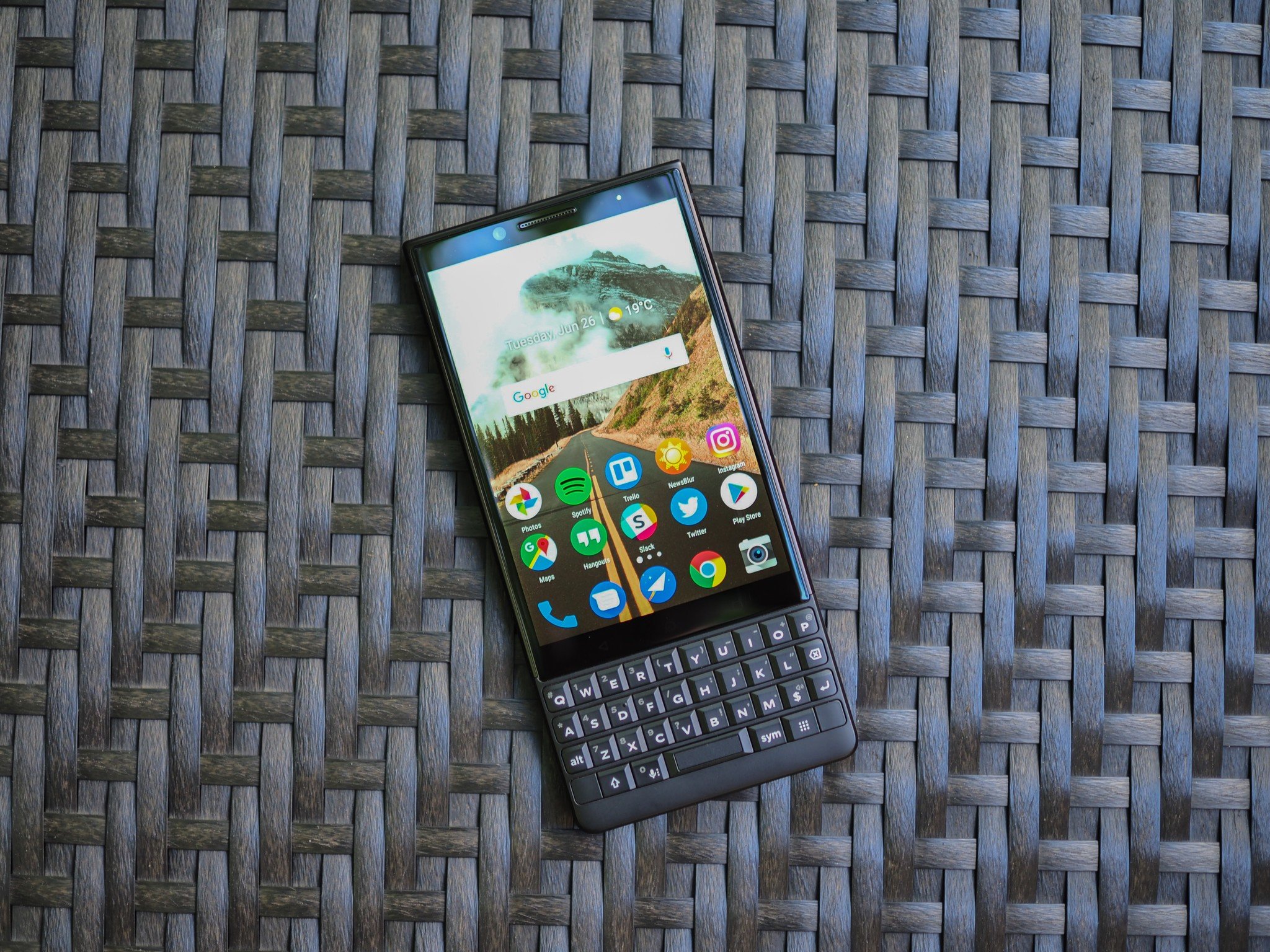
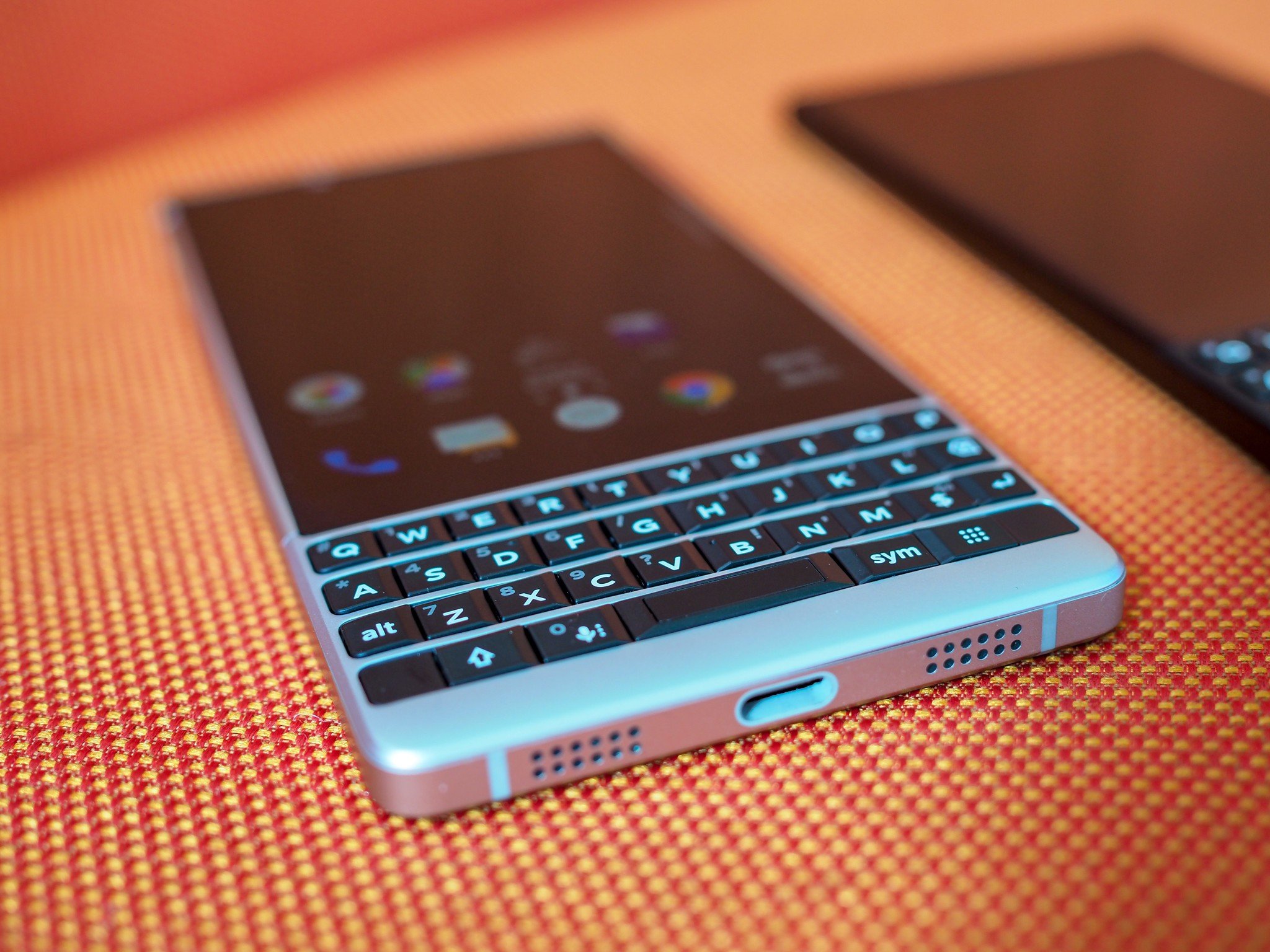
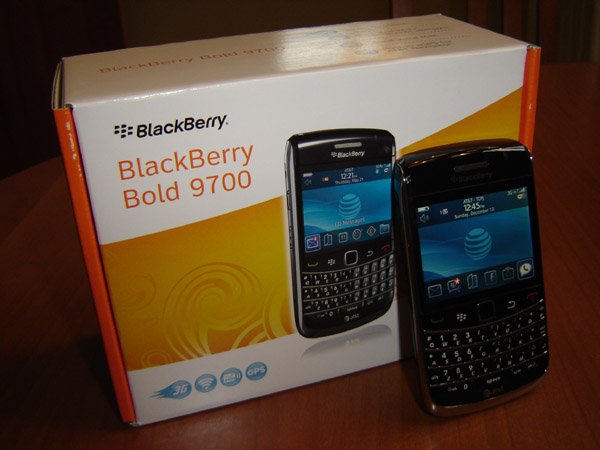
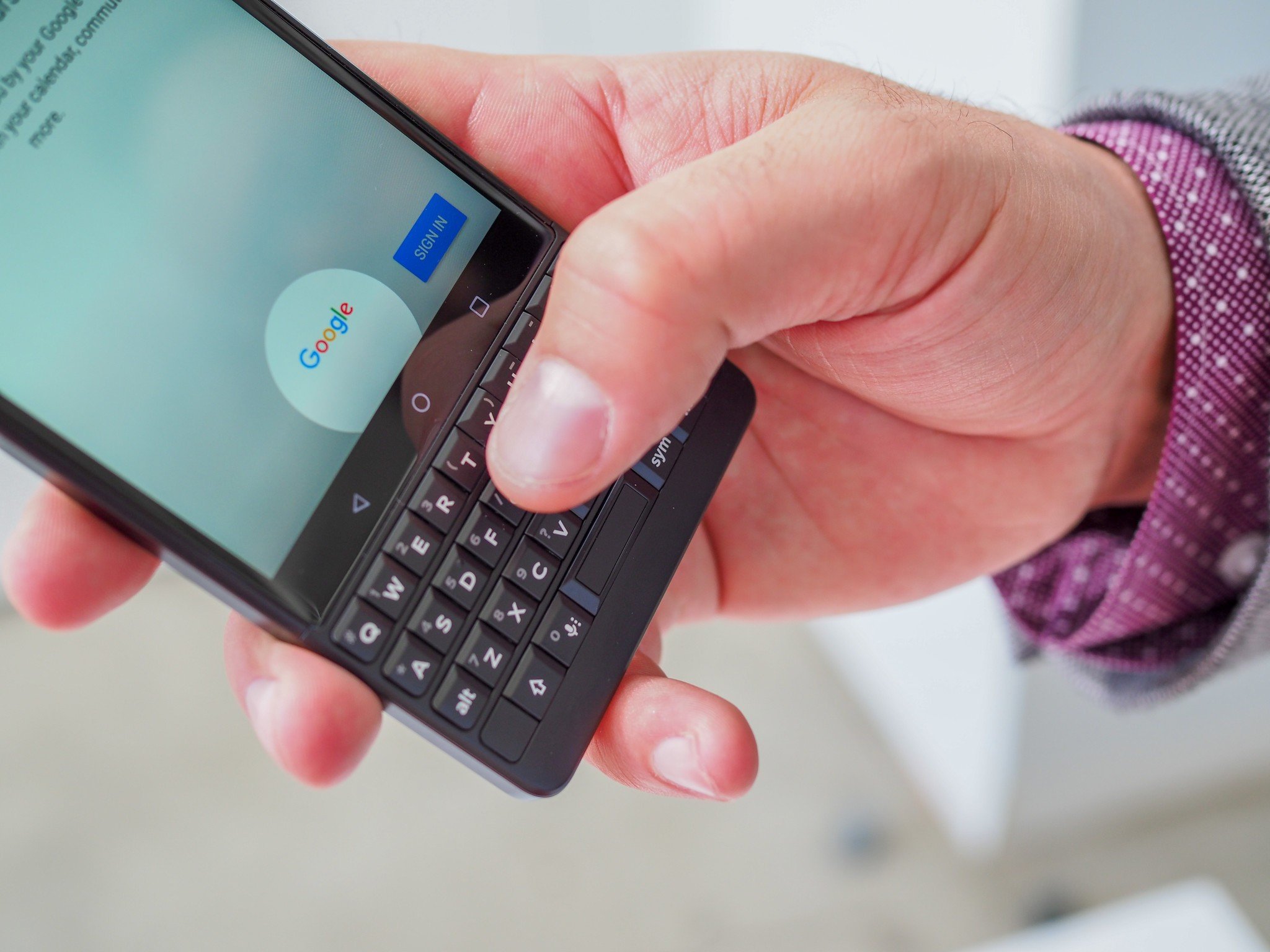
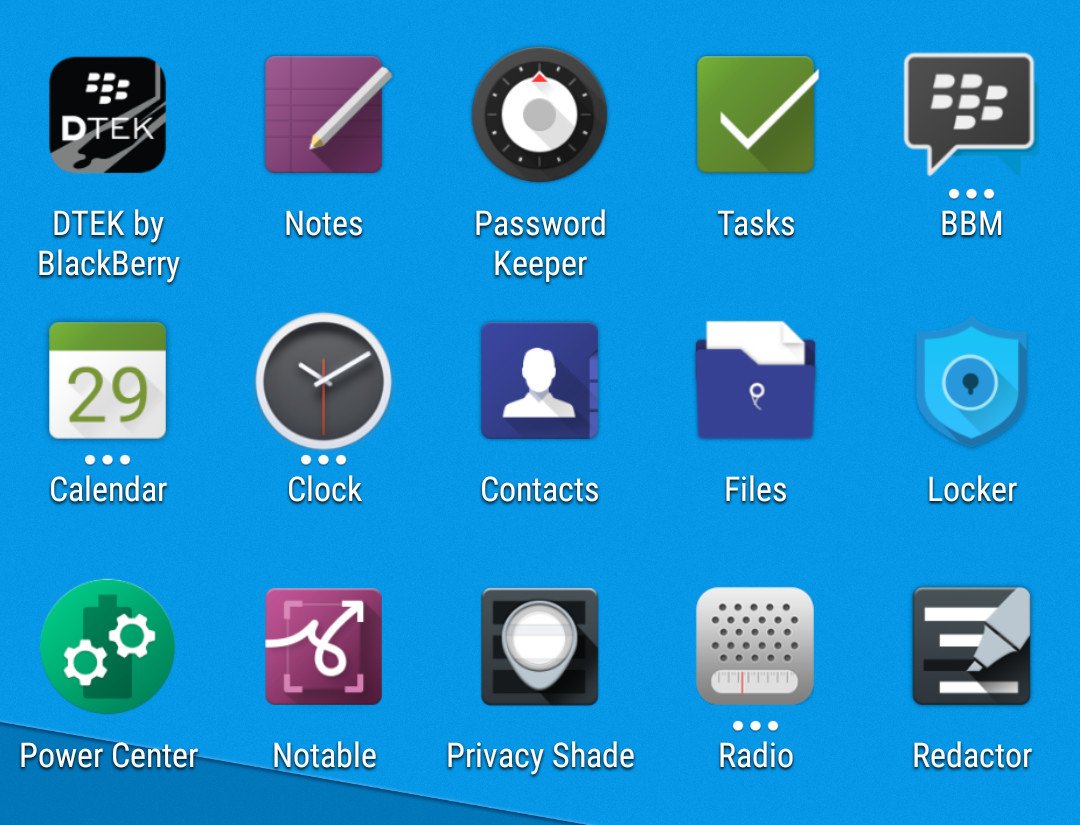
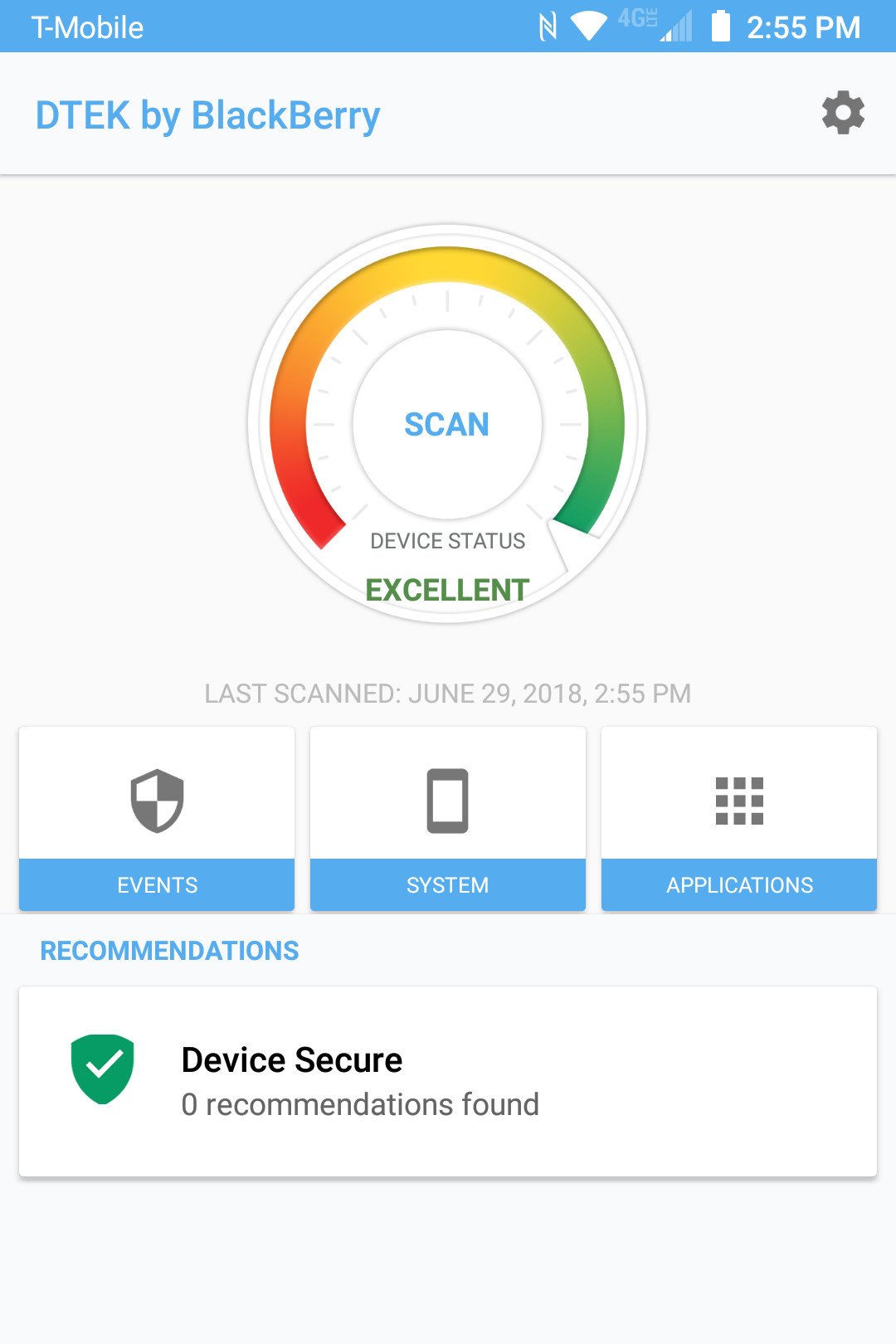
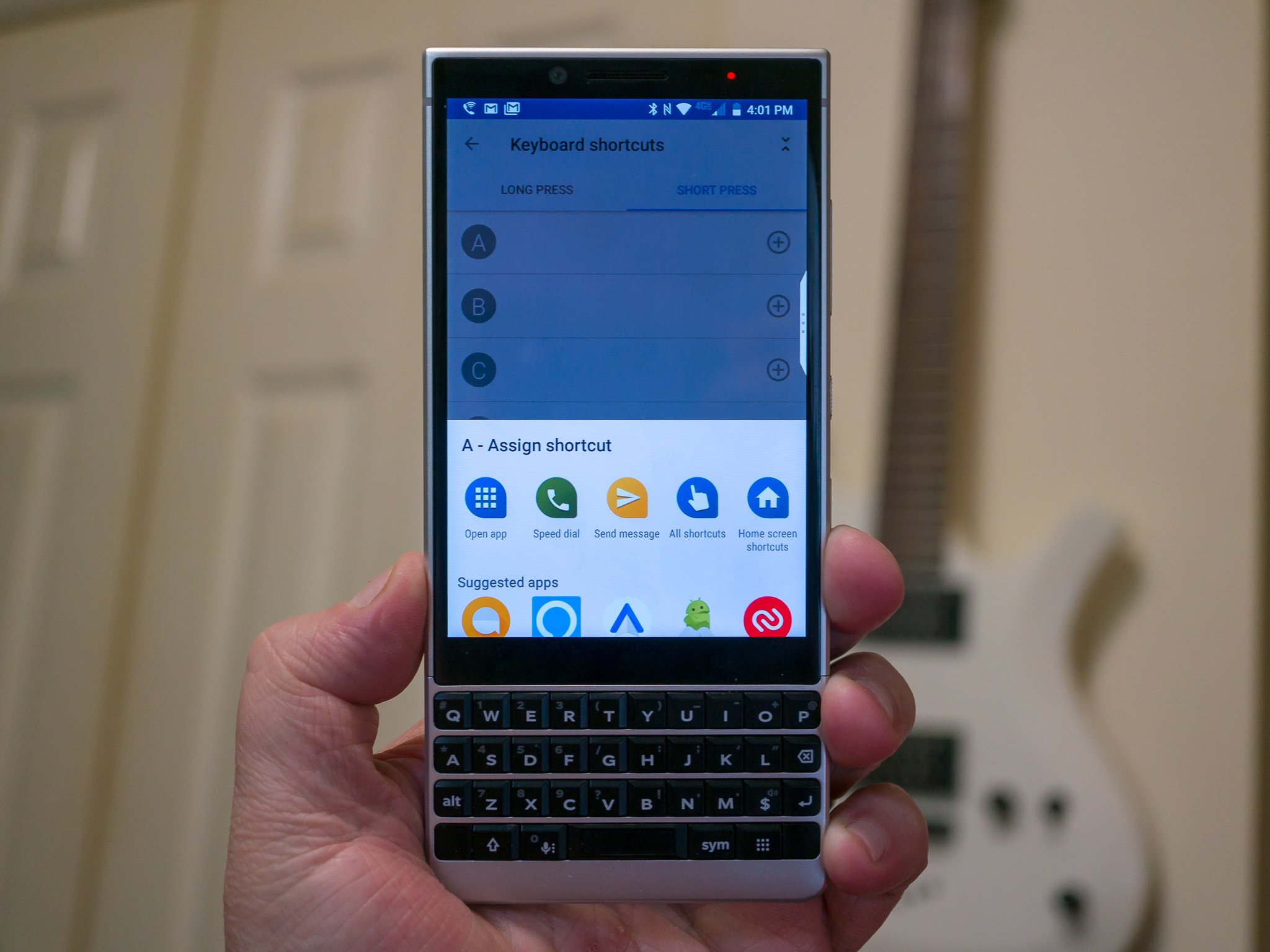
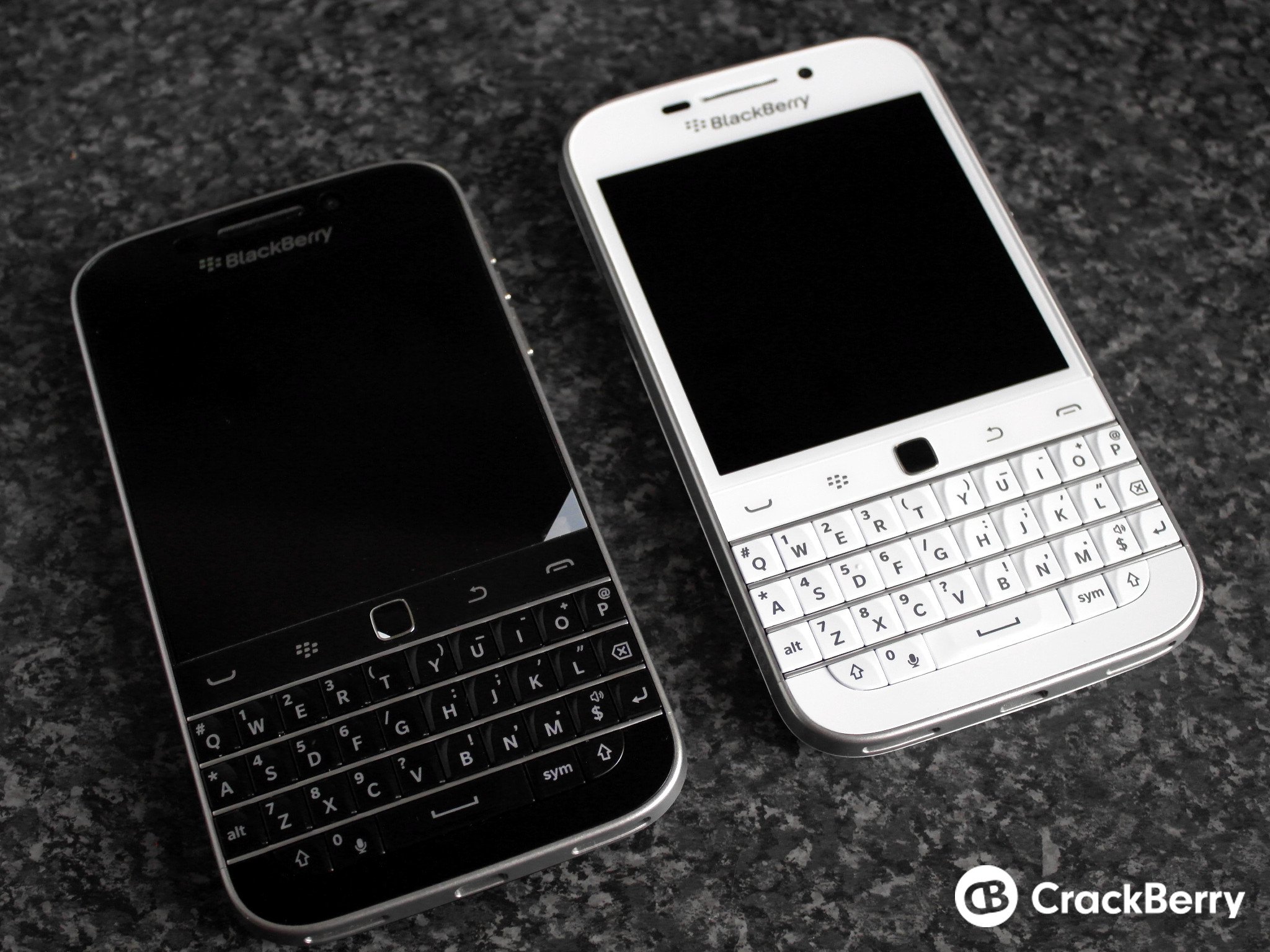
Tidak ada komentar:
Posting Komentar